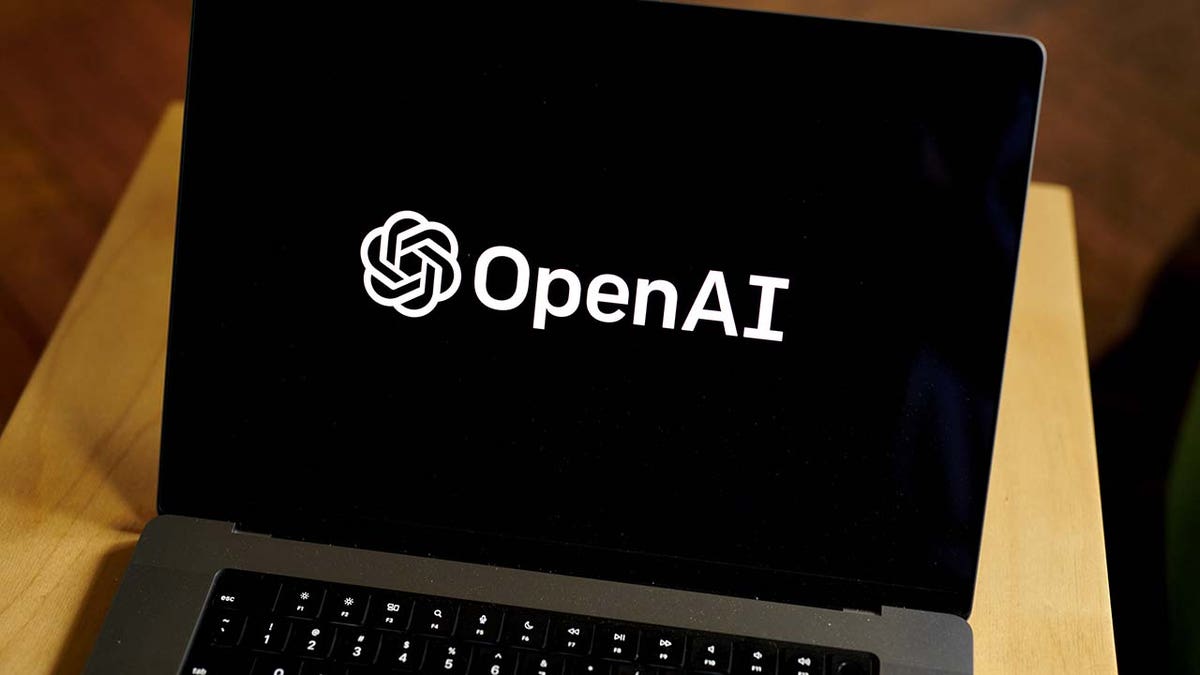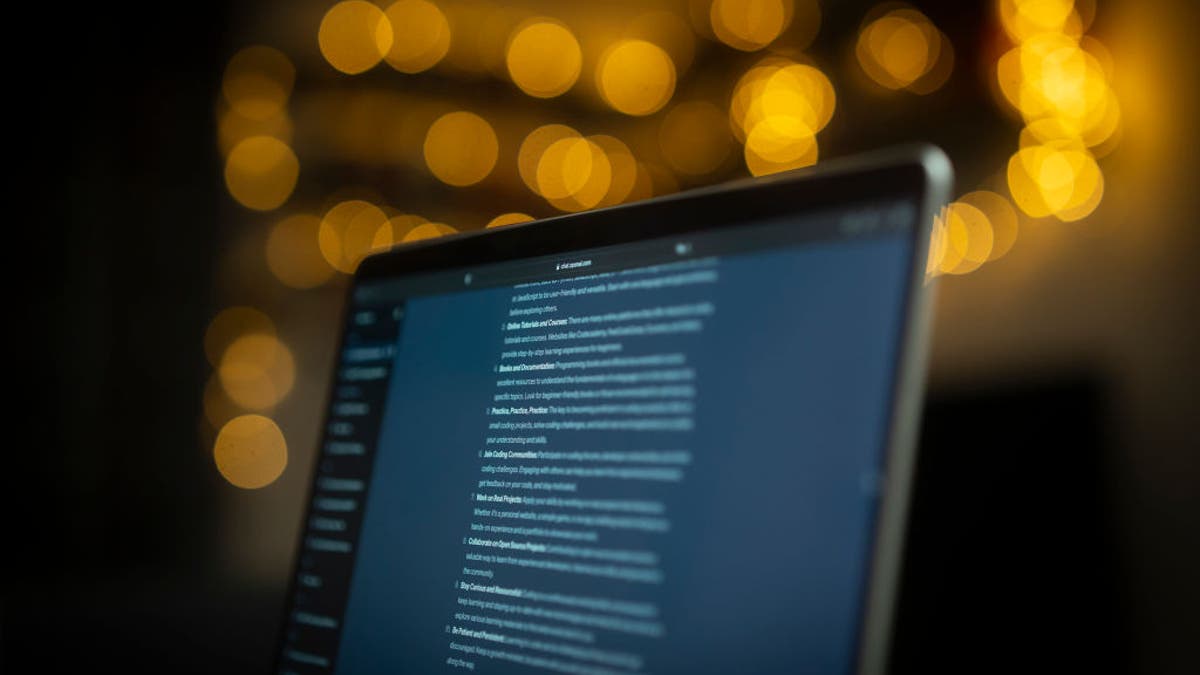Following the death of Suchir Balaji, a 26-year-old former OpenAI employee, his family is urging authorities to reexamine the circumstances surrounding his passing. Balaji, who was found deceased in his San Francisco residence three months after accusing OpenAI of copyright infringement in the development of ChatGPT, reportedly expressed concerns about the potential harm of AI to humanity. While his death was officially ruled a suicide with no evidence of foul play, his mother, Poornima Ramarao, has voiced concerns about the circumstances and the findings of a private autopsy conducted in December. The family is now working with legal counsel to push for a more comprehensive investigation.
Balaji's concerns stemmed from his belief that OpenAI's use of copyrighted material in training its AI models, specifically ChatGPT, violated copyright law. He had been named in a lawsuit filed by The New York Times against OpenAI and Microsoft, alleging the companies used millions of published articles without proper authorization. Just eight days before his death, The New York Times filed a court document identifying Balaji as possessing crucial documents relevant to the litigation. According to his mother, Balaji's initial optimism about AI's potential to benefit society waned after ChatGPT's launch and OpenAI's increased focus on commercialization.

The OpenAI logo on a laptop computer. (Gabby Jones/Bloomberg via Getty Images)
Ramarao recounted the distressing moment she witnessed paramedics arriving at her son's apartment, only to learn of his death. Balaji had previously expressed to The New York Times his decision to leave OpenAI due to concerns that the technology's negative impacts would be more immediate than anticipated. He had initially envisioned AI as a tool for solving complex problems like disease and aging, but became disillusioned as chatbots began to pose a threat to the livelihoods of writers whose work was used to train the systems.

A laptop screen displaying the OpenAI ChatGPT website. (Photo by Jaap Arriens/NurPhoto via Getty Images)
Balaji publicly questioned the legality of OpenAI and Microsoft's use of online material under the "fair use" doctrine. He argued that generative AI products create substitutes that directly compete with the data they are trained on, thereby undermining the fair use argument. OpenAI and Microsoft are currently facing multiple lawsuits from various media organizations over similar copyright infringement allegations. Fox News Digital has contacted the medical examiner and San Francisco Police for further information.
Comments(0)
Top Comments